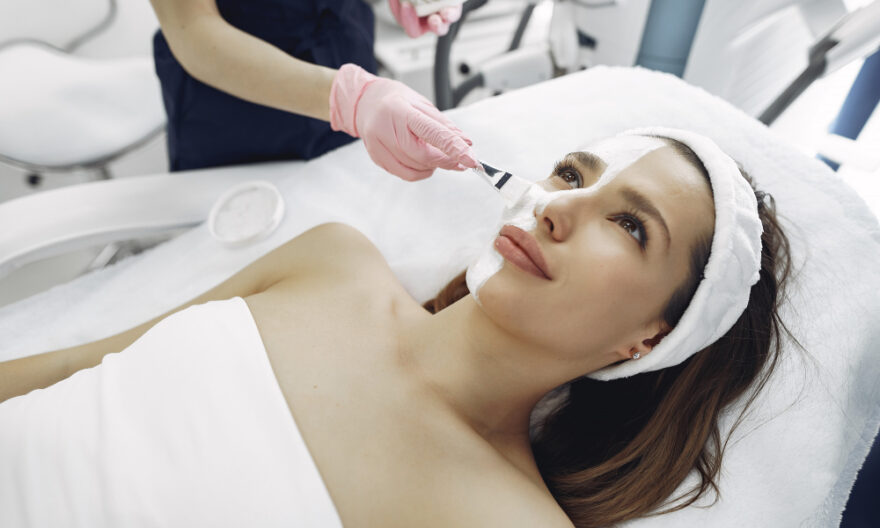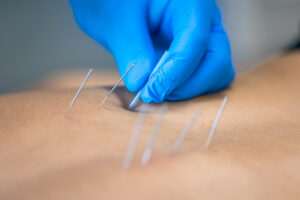
Pigmentation is a common skin concern that affects many individuals worldwide. It refers to the darkening of the skin due to an excess production of melanin, the pigment responsible for skin color. This condition can result from various factors, including sun exposure, hormonal changes, aging, and certain medications. Consequently, many seek effective treatments for a more even and radiant complexion. This comprehensive guide will explore the best treatments for complete pigment removal, providing you with practical information and actionable steps.
Understanding Pigmentation
What is Pigmentation?
Pigmentation occurs when patches of skin become darker than the surrounding skin. This condition is medically known as hyperpigmentation. It can affect people of all skin types and ages, though it is more common in individuals with darker skin tones. Furthermore, hyperpigmentation can manifest in various forms, such as age spots, melasma, and post-inflammatory hyperpigmentation (PIH).
Causes of Pigmentation
Several factors can contribute to the development of pigmentation, including:
- Sun Exposure: Ultraviolet (UV) rays from the sun stimulate melanin production, leading to sunspots or age spots.
- Hormonal Changes: Conditions such as pregnancy and the use of oral contraceptives can trigger melasma, a type of hyperpigmentation.
- Inflammation: Skin injuries, acne, and certain skin treatments can result in PIH.
- Medications: Some drugs, including chemotherapy agents, can cause pigmentation changes.
- Genetics: A family history of pigmentation issues can increase the likelihood of developing this condition.
Understanding the underlying causes of pigmentation is crucial in selecting the appropriate treatment for its complete removal.
Treatment Options for Pigmentation
When it comes to treating pigmentation, several options are available at many aesthetic clinics in Singapore, ranging from topical treatments to more advanced procedures. Let’s delve into each of these treatments in detail.
1. Topical Treatments
Topical treatments are often the first line of defence against pigmentation. They are applied directly to the skin and can help lighten dark spots over time. Some of the most effective topical treatments include:
Retinoids
Retinoids, derivatives of vitamin A, are known for their ability to promote skin cell turnover. They help fade pigmentation by encouraging the shedding of pigmented skin cells and the growth of new, healthy cells. Common retinoids include tretinoin and adapalene.
Vitamin C
Vitamin C is a powerful antioxidant that helps brighten the skin and reduce pigmentation. It works by inhibiting melanin production and protecting the skin from UV damage. Vitamin C serums are widely available and can be incorporated into your daily skincare routine.
Niacinamide
Niacinamide, also known as vitamin B3, has anti-inflammatory properties and can help improve skin tone. It is often used in combination with other treatments to enhance their effectiveness in reducing pigmentation.
2. Chemical Peels
Chemical peels involve the application of a chemical solution to the skin, which exfoliates the top layer and promotes the growth of new, evenly pigmented skin. There are different types of chemical peels, including:
Superficial Peels
Superficial peels use mild acids, such as glycolic acid or salicylic acid, to gently exfoliate the outermost layer of the skin. They are suitable for treating mild pigmentation and can be performed with minimal downtime.
Medium Peels
Medium peels penetrate deeper into the skin and use stronger acids, such as trichloroacetic acid (TCA). They are effective for treating moderate pigmentation and may require a longer recovery period.
Deep Peels
Deep peels use potent acids, such as phenol, to penetrate the deeper layers of the skin. They are suitable for severe pigmentation but come with significant downtime and a higher risk of side effects.
3. Laser Treatments
Laser treatments are highly effective for targeting and removing pigmentation. They work by emitting focused beams of light that break down pigmented cells, allowing the body to naturally eliminate them. Some common laser treatments for pigmentation include:
Q-Switched Nd Laser
This laser targets pigmented cells without damaging the surrounding skin. It is effective for treating melasma, sunspots, and other forms of hyperpigmentation. Multiple sessions may be required for optimal results.
Fractional Laser
Fractional lasers create micro-injuries in the skin, promoting collagen production and the growth of new, evenly pigmented skin. They are suitable for treating moderate to severe pigmentation and can improve overall skin texture.
IPL (Intense Pulsed Light)
IPL uses broad-spectrum light to target pigmented cells and improve skin tone. It is effective for treating sunspots, age spots, and freckles. IPL treatments are generally well-tolerated with minimal downtime.
4. Microdermabrasion
Microdermabrasion is a non-invasive procedure that involves exfoliating the skin by using fine crystals or a diamond-tipped device. Consequently, this process removes the outermost layer of the skin, thereby helping to reduce pigmentation and improve skin texture. Moreover, microdermabrasion is suitable for mild to moderate pigmentation and, additionally, requires little to no downtime.
5. Cryotherapy
Cryotherapy involves freezing pigmented spots with liquid nitrogen. This process causes the pigmented cells to peel off, revealing new, evenly pigmented skin underneath. Cryotherapy is effective for treating sunspots and age spots, but it should be performed by a trained professional to avoid complications.
6. Natural Remedies
In addition to medical treatments, several natural remedies can help lighten pigmentation. While these remedies may not be as potent as clinical treatments, they can be used as complementary therapies. Some popular natural remedies include:
Aloe Vera
Aloe vera has soothing and also skin-lightening properties. Therefore, applying aloe vera gel to pigmented areas can, consequently, help reduce pigmentation over time.
Lemon Juice
Lemon juice contains citric acid, which can help lighten dark spots. However, it should be used with caution and diluted, as it can cause skin irritation and make the skin more sensitive to sunlight.
Turmeric
Turmeric, notably, has anti-inflammatory and antioxidant properties. Moreover, creating a paste with turmeric and milk and then applying it to pigmented areas can significantly help improve skin tone.
Honey
Honey is a natural humectant that can help lighten pigmentation and improve skin hydration. Applying honey to the skin and leaving it on for 15-20 minutes before rinsing can yield positive results.
Preventing Pigmentation
Preventing pigmentation is just as important as treating it. By taking proactive steps to protect your skin, you can minimize the risk of developing pigmentation issues in the first place. Here are some tips to help prevent pigmentation:
- Use Sunscreen Daily: Sunscreen is your best defense against UV-induced pigmentation. Choose a broad-spectrum sunscreen with an SPF of 30 or higher and apply it generously to all exposed skin.
- Wear Protective Clothing: When spending time outdoors, wear protective clothing such as wide-brimmed hats, long sleeves, and sunglasses to shield your skin from the sun.
- Avoid Peak Sun Hours: Try to avoid sun exposure during peak hours, typically between 10 a.m. and 4 p.m., when the sun’s rays are strongest.
- Maintain a Consistent Skincare Routine: Regularly cleanse, exfoliate, and moisturize your skin to keep it healthy and reduce the risk of pigmentation.
- Stay Hydrated: Drinking plenty of water helps keep your skin hydrated and supports overall skin health.
Conclusion
Achieving complete removal of pigmentation requires a multifaceted approach, combining effective treatments with preventive measures and consistent skincare practices. Consequently, from topical treatments and chemical peels to laser therapies and natural remedies, there are numerous options available to help you achieve a more even and radiant complexion. Moreover, by understanding the causes of pigmentation and selecting the right treatments for your skin type and condition, you can take proactive steps towards clearer, healthier skin. Therefore, always consult with a dermatologist or skin care professional to ensure you receive the best possible care and guidance on your journey to pigmentation-free skin.
Transform your skin with expert care at The Ogee Clinic. Book your consultation today and experience personalized treatments for radiant, healthy skin. Visit https://www.theogeeclinic.com/ now to begin your journey to flawless beauty!
Contact us:
Name: The Ogee Clinic
Address: 1 Raffles Link, City Link, B1-12/14, Singapore, SG 039393
Call: +65 6909 5370


